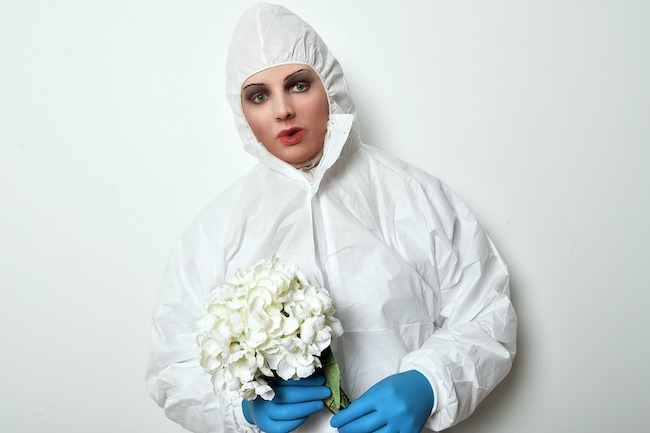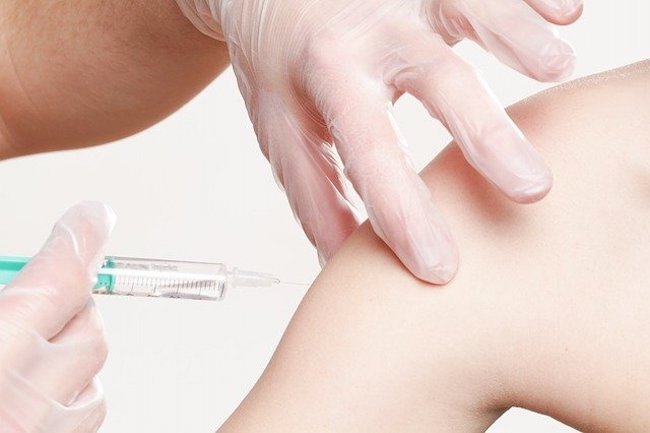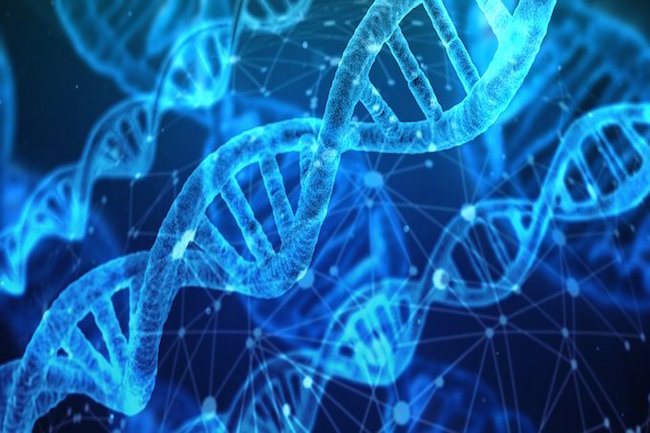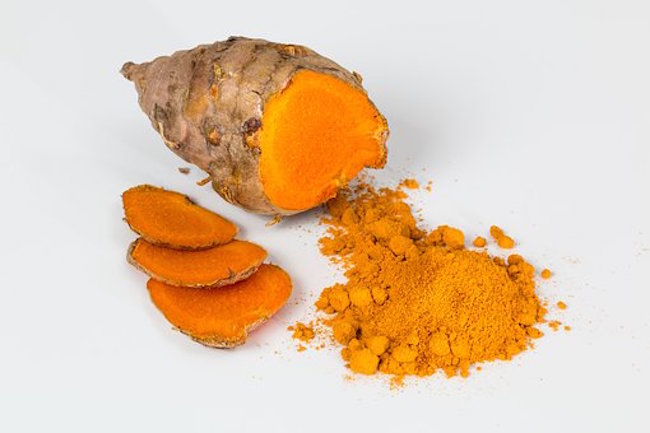Poison Control Centers Warn About Toxic Chemical in At-Home COVID-19 Test Kits By
GNN Note – If you still have any trust in anything to do with the Wuhan Bat-Flu Stew, well…that’s on you. I am proudly untested, unvaxed and that status will only change at the end of a barrel, period. / END
Some at-home rapid COVID-19 tests contain a toxic chemical that may be harmful to both children and adults, according to health officials.
The Cincinnati Drug and Poison Information Center reported an uptick in accidental exposures to a possibly toxic substance, sodium azide, in at-home COVID-19 test kits, according to a blog post. Meanwhile, the National Poison Control Center issued a warning about the chemical.
Support Our Site

Now is your chance to support Gospel News Network.
We love helping others and believe that’s one of the reasons we are chosen as Ambassadors of the Kingdom, to serve God’s children. We look to the Greatest Commandment as our Powering force.
“It is important to know that the extraction vial in many rapid antigen kits includes the chemical sodium azide as a preservative agent,” the center said. “The BinaxNow, BD Veritor, Flowflex, and Celltrion DiaTrust COVID-19 rapid antigen kits all contain this chemical.”
Sodium azide is a colorless, odorless powder that testers dip cotton swabs into. The chemical is found in herbicides, pest control agents, and airbags for cars.
“Small doses of sodium azide can lower blood pressure, and larger doses may cause more serious health effects,” an advisory from Health Canada also said. “ProClin is also found in many kits. It contains chemicals that can cause skin and eye irritation, as well as allergic reactions.”
Some hospitals around the United States say they have received a surge in phone calls about exposures to the chemical.
“We started getting our first exposures to these test kits around early November,” said Sheila Goertemoeller, pharmacist and clinical toxicologist for the Cincinnati Children’s Hospital Medical Center. “It was, really, all ages.”
“Mostly, I’ve been very worried about our young children.”
Accidental exposure is occurring among both children and adults, said Dr. Kelly Johnson-Arbor, with the National Capital Poison Center in Washington, told WNEP over the weekend.
“People might mistake them for eye drops. Children might drop it onto their skin. Adults will sometimes mistakenly put them into their eyes,” she said.




